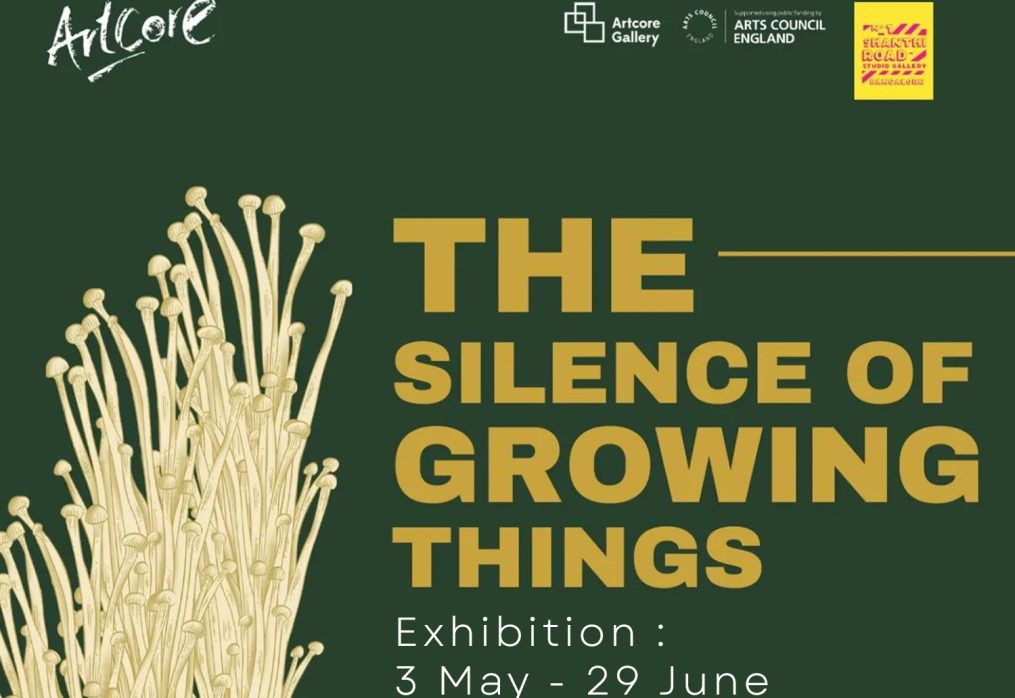Contact event manager
Book your tickets
Thank you Kindly
The Silence of Growing Things Exhibition
11:00 AM to 5:00 PM
3 May 2024
000000

11:00 AM to 5:00 PM
3 May 2024
000000